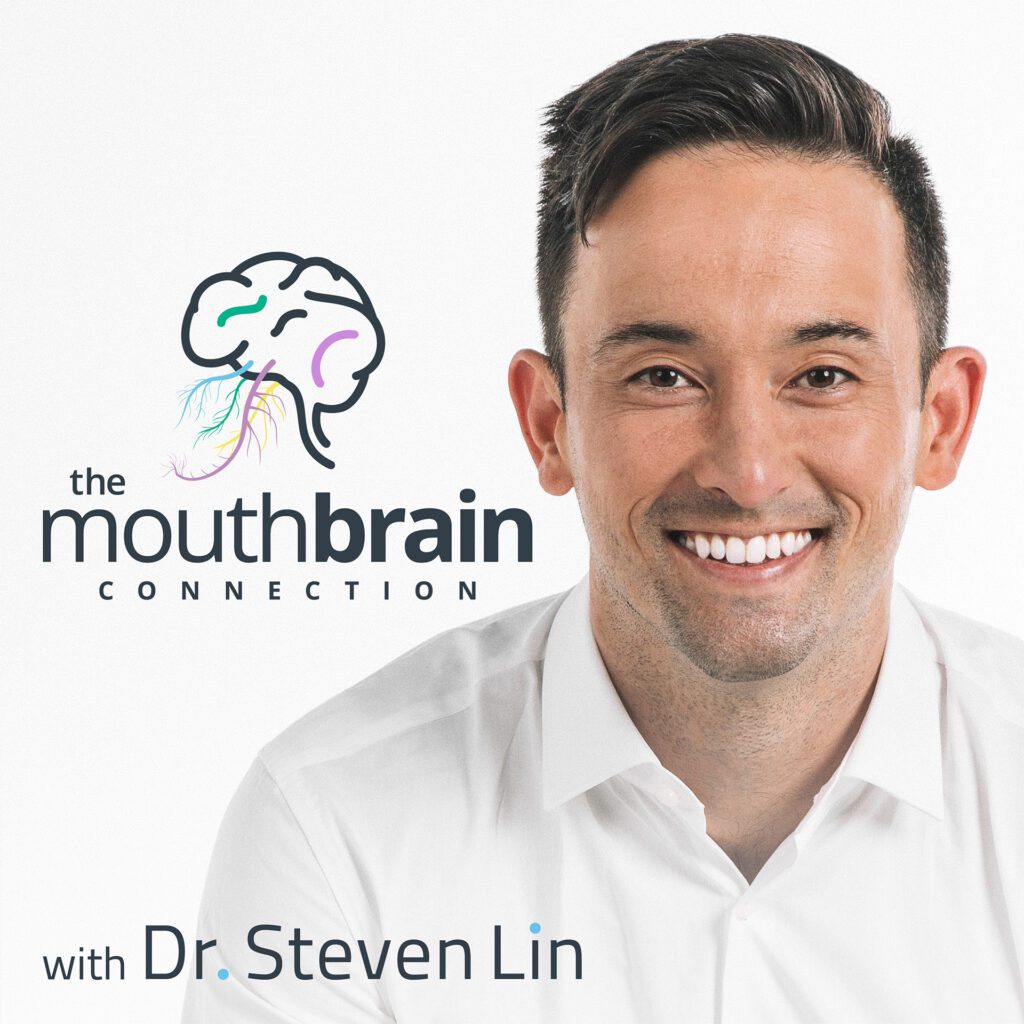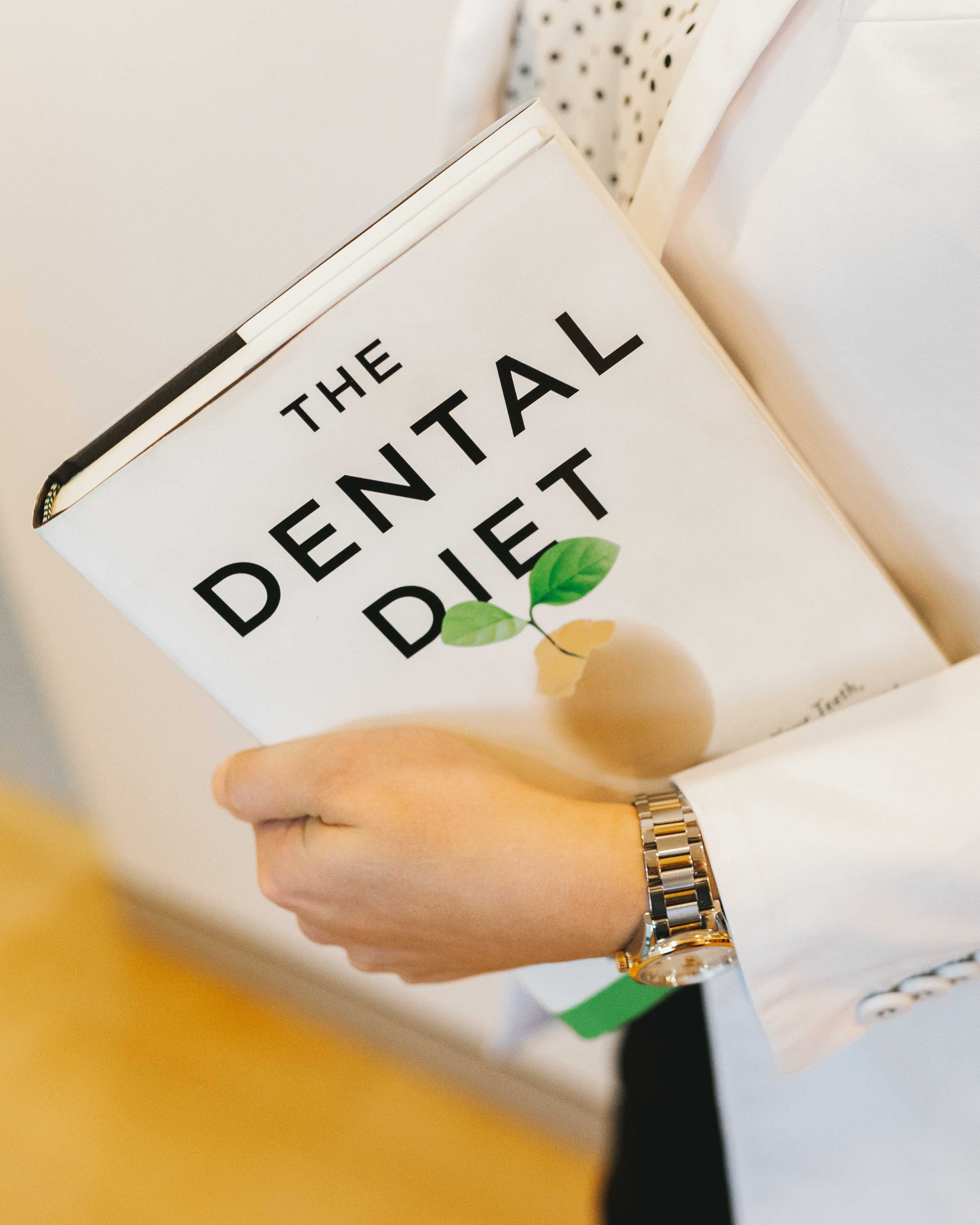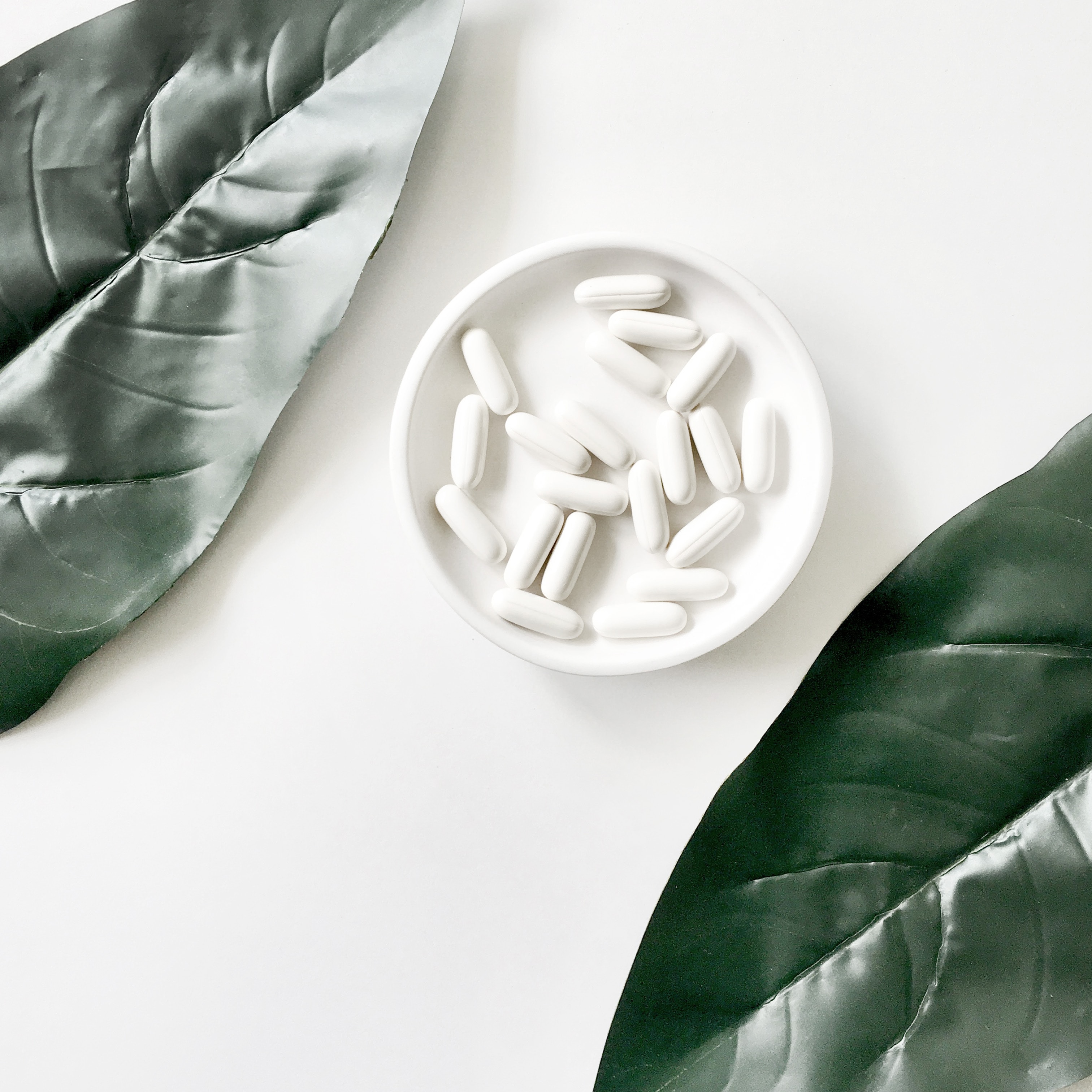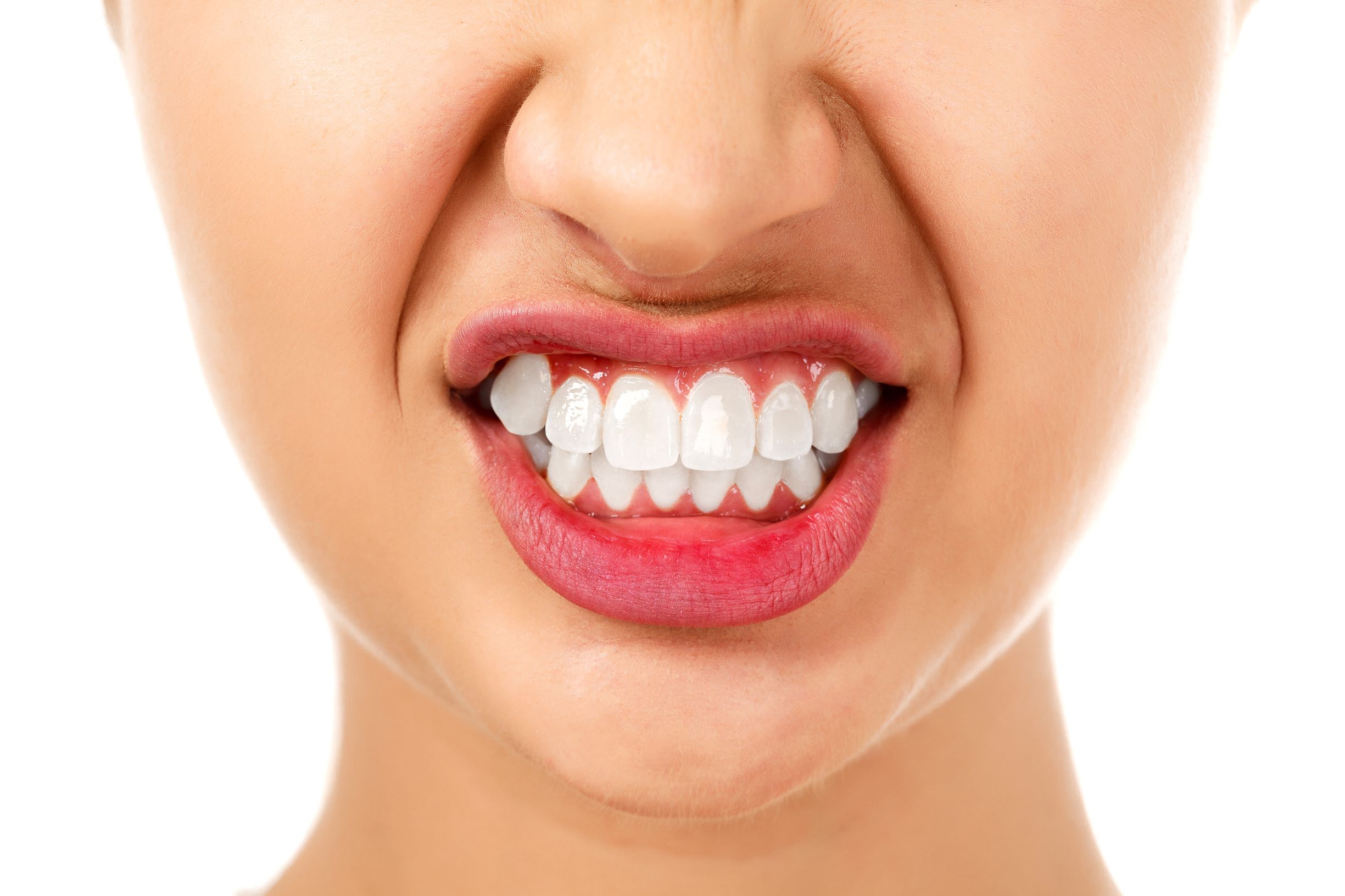Pregnant? Congratulations!
Pregnancy should be a thrilling, if busy, time in your life. There are many new and exciting things to think about; preparing baby’s room, choosing names and gathering all the necessities together. Whilst all these things are normal, it is also important that you remember to place your well-being as a top priority during this time and this includes oral health. Keeping your mouth healthy by brushing and flossing means you are maintaining your own health and, in turn, ensuring that of your baby.
An old wives’ tale says that you should expect to lose a tooth for every baby you have. Although this might have been true many years ago, today we have a thorough understanding of the importance of maintaining correct oral health during pregnancy – ensuring that your gums stay healthy and your teeth stay where they are!
How does pregnancy affect teeth and gums?
During pregnancy nature takes over and puts your body into a constant over-protective state, ensuring the health of your baby as best it can. But, because of this constant state of ‘high alert,’ hormones stimulated by pregnancy trigger an elevated inflammatory and immune response. As a result, any amount of plaque, however small, may trigger an exaggerated response such as bleeding gums; commonly known as pregnancy-induced gingivitis. If left untreated, this can sometimes result in the progression of gingivitis to periodontitis (gum disease).
Another problem which can arise during pregnancy, is that hormones may alter the physiology of plaque buildup on your teeth. This creates a situation where it is easier for opportunistic bacteria to flourish and colonise extra sensitive teeth and gums.
Another less common problem that can occur in expectant mothers is the formation of small swellings on their gums (pyogenic granuloma). These small growths, although sometimes referred to as pregnancy tumors, are neither cancerous nor tumors. They are however almost always associated with gingivitis, and are known to occur in a small percentage of females, mostly in the second and third trimesters.
Another way pregnancy may affect your oral health is dental erosion arising from vomiting due to morning sickness. This common side effect of pregnancy regularly exposes your teeth to high levels of acidity. The constant washing effect over tooth enamel can cause it to become soft and eventually dissolve away again resulting in increased sensitivity.
Tips for avoiding these unwanted side-effects
Attending preventative maintenance appointments with your oral health professional during your pregnancy, preferably every trimester, is key to ensuring your mouth stays healthy and also assists in maintaining the overall health of you and your baby.
Your Dental Hygienist is well versed in the areas of pregnancy and oral health and perfectly suited to assist you throughout this time. They are able to answer any concerns you may have and can help you to achieve an optimal oral environment.
One important tip – if you are planning a pregnancy this is a perfect time to visit your oral health professional. Having a dental examination within the 6 months leading up to conception ensures a complete care plan can be devised, which maximises optimal oral and overall health throughout the gestation.
Maintaining a healthy diet and good nutrition is always an important part of overall well-being, it is however even more critical during pregnancy. By maintaining your own health you also ensure that of your baby. Eating well is not only important for your own teeth but also the teeth of your developing baby. It is during the second and third trimesters that baby’s teeth begin to form, which is why it is important to make healthy food choices. Try and make sure your diet includes whole foods such as vegetables, fruits, whole grains, and lean protein like meat, poultry, eggs, cheese and nuts. Eating nutrient dense foods equips your body with the correct vitamins and minerals it needs to ensure healthy development for your baby. A well-balanced diet also means fewer foods high in sugars, which in turn will help prevent unwanted plaque build up and ensure your teeth remain healthy not only during pregnancy, but well into the future.
Health. Lifestyle. Laughter












